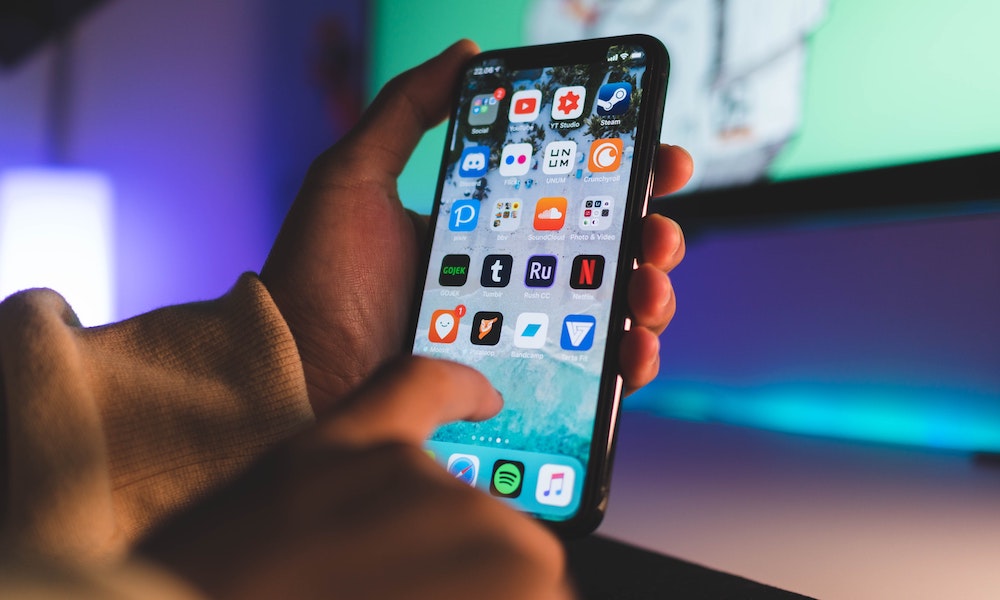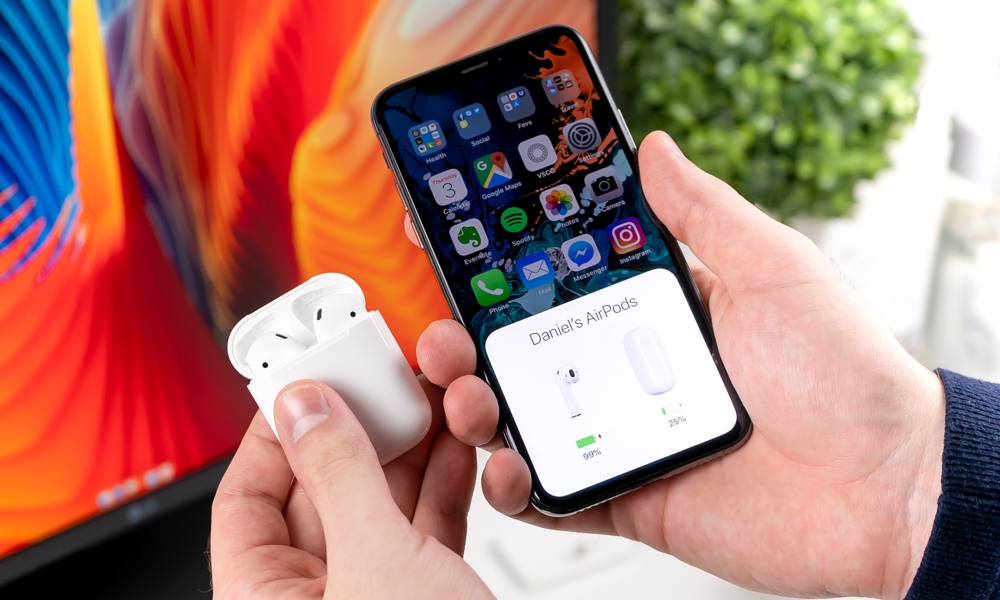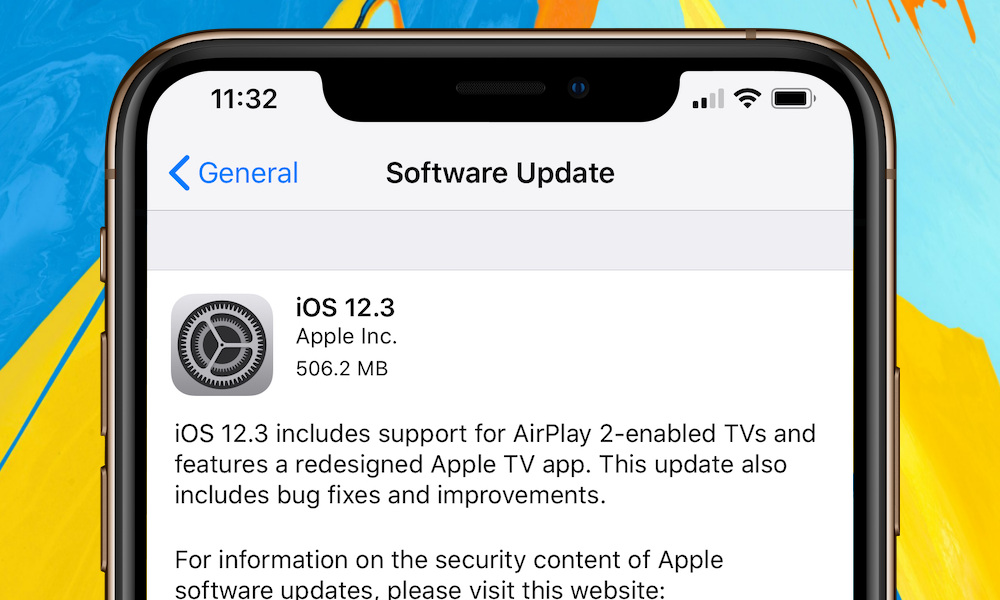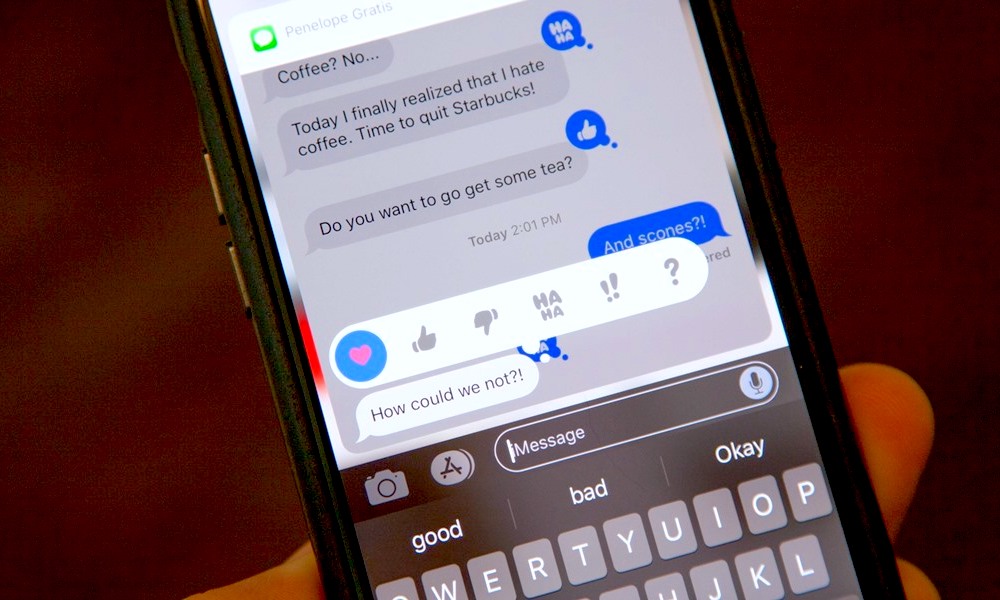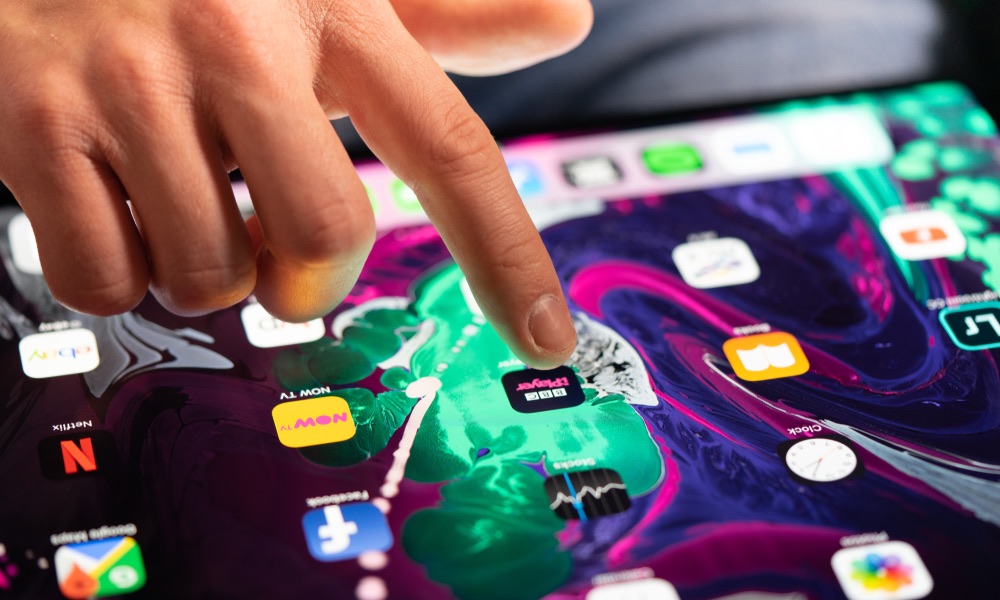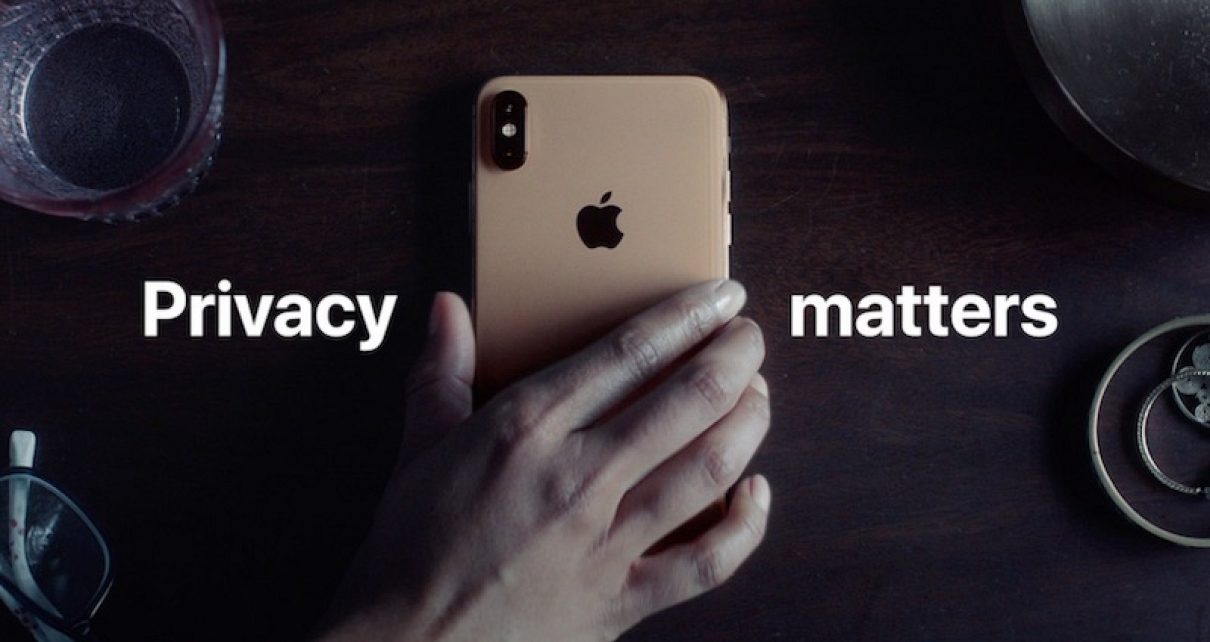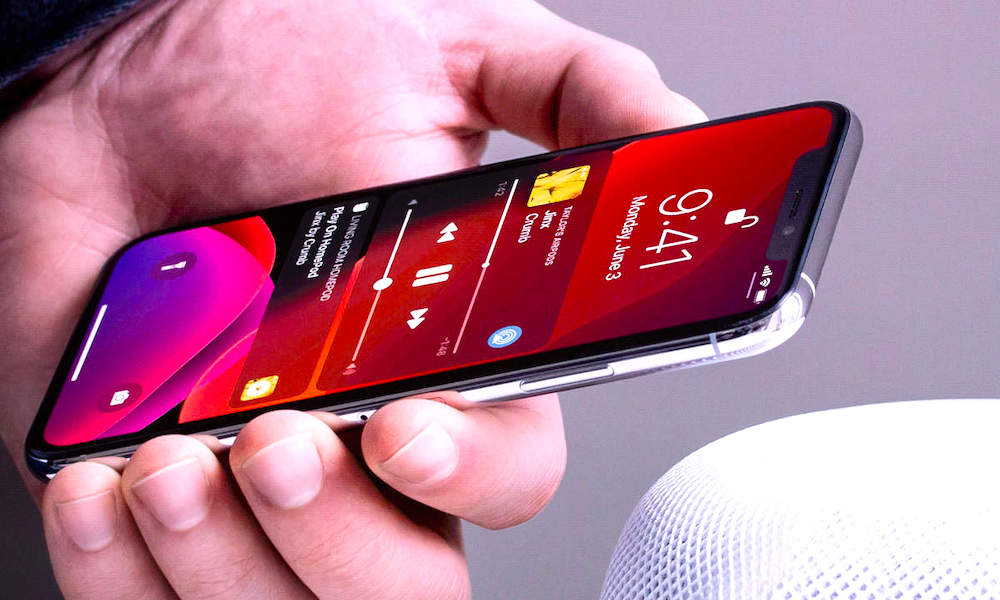7 Things Android Switchers Miss About Their iPhone
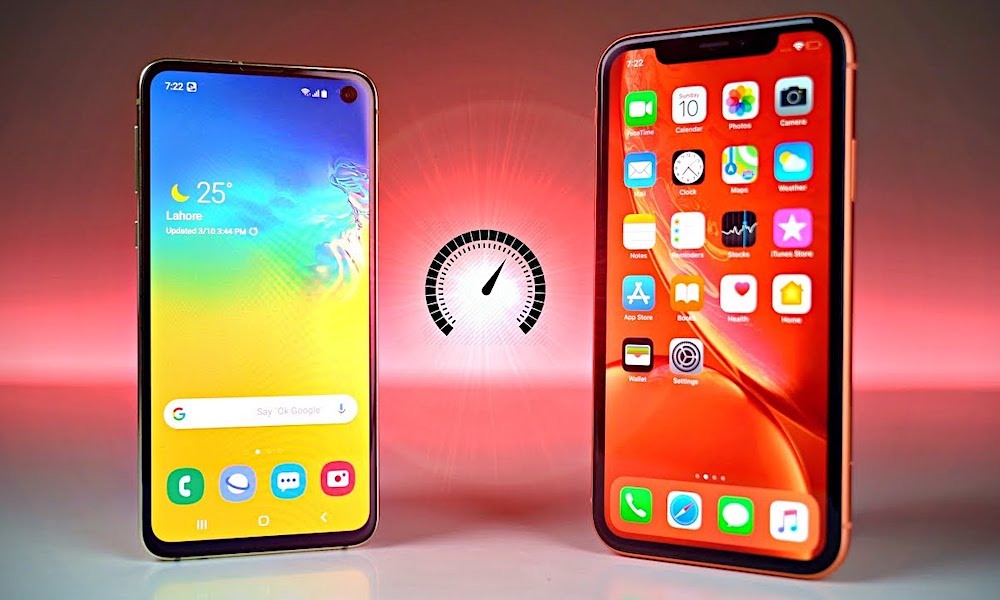 Credit: Xeetechcare
Credit: XeetechcareIt’s easy to think of iOS users and Android users as two distinct camps who never meet. But the truth is that many people switch from one operating system to the other. OS switchers have various reasons for doing so, but it doesn’t mean that they may not miss something from their old operating system. For former iPhone owners who have switched to an Android, there are many iOS features that just aren’t the same on Android. Continue reading to learn 7 Things Android Switchers Miss About Their iPhone.
The "Scrolling Experience"
Talk to an Android user who switched from Android and you may find that they miss an unlikely feature from iOS: the overall scrolling experience. We’re not just talking about performance and screen refresh rates. Many anecdotal reports indicate that there’s just something special about how scrolling on iOS works.
One Android user said that the “physics” of scrolling and navigating iOS are a lot nicer than Android. That largely comes down to the attention-to-detail Apple puts into its system — take the individual physics of text bubbles in iMessage, for example. Of course, not everyone likes the way navigation works on iOS. But those who do, really miss it.
Seamless Integration with Other Apple Devices
Say what you will about the Apple ecosystem as a whole, there’s no doubt that every device in the company’s lineup integrates extremely well with every other Apple product. It’s really something that you need to experience firsthand to understand.
If you just have an iPhone, it won’t make much of a difference. But when you add an iPad, a Mac, an Apple TV or an Apple Watch into the mix, features like Continuity and HomeKit start to become incredibly useful. Apple’s products have long been known to “just work” and if you have multiple Apple devices, you’ll know exactly what that means.
On-Time Updates
Personal opinion aside, there’s one area that iOS is objectively better at, and that is getting software updates out on time. Largely, that’s because Android is such a fragmented ecosystem. Google makes the Android software, but there are more Android device manufacturers than you can count.
That’s just not the case with iOS. Apple makes iOS and it makes the iPhone. While you won’t have a diversity of devices to choose from, it does mean you can get the latest updates the day they come out without needing to wait for your device maker to deploy them. When it comes to fixing critical bugs or security vulnerabilities, this is a massive advantage.
iMessage
If you have mostly iOS-using friends, the mechanics of those green text bubbles probably isn't something you think about very often. But as soon as you switch to an Android, you’ll show up as a green bubble on other peoples’ iPhones. Not a big deal, right? Well…
iMessage is actually much more akin to an internet messaging app like WhatsApp or Facebook Messenger than SMS text messages. When you switch to Android, you’ll notice the difference. Not only is iMessage end-to-end encrypted and better with image sending, but it just works a lot smoother than SMS and MMS — two technologies that are notoriously bad at what they do.
High-Quality Apps
When the App Store first launched, it was really a first-of-its-kind type of platform. Over a decade later, the App Store’s primary competitor, the Google Play Store, has basically caught up in terms of overall user experience. But there are still some key differences.
While there may be fewer types of apps on the App Store, the apps on Apple’s platform are generally higher-quality. That’s because they go through a much more stringent review process. Not only that, but many startups and developers choose to release apps on iOS first, before adding an Android version down the road.
Privacy Expectations
Apple may not have started as a privacy-first company, but it certainly has shifted that way over the years. That focus on privacy has shown up in various forms — from going toe-to-toe with the FBI to using differential privacy practices in basically every native app on its platform. The same can’t be said for Android and Google.
It's not impossible to tailor an Android to be a privacy- and security-focused device. But if you go with iOS, a strong emphasis on keeping your data to yourself is already baked into the platform. And Apple is continually adding privacy features to its platform. In the era of data leaks and app spying, that’s a massive boon for many users.
Stability and Performance
The question of iOS and Android largely comes down to a matter of personal preference. But iOS has an overall usability and seamlessness that’s hard to compete with. Critics may say that it’s dumbed-down and doesn’t have much customization, but iOS still has a few key advantages.
It’s an incredibly consistent and stable platform, especially with Apple’s latest software updates. It’s also engineered to work incredibly well with Apple’s hardware, meaning the overall performance is going to be better. Beyond all that, take into account the little features — like an image-compatible clipboard and Reachability. There are just some things about iOS that Android can’t (or hasn't) replicated.

